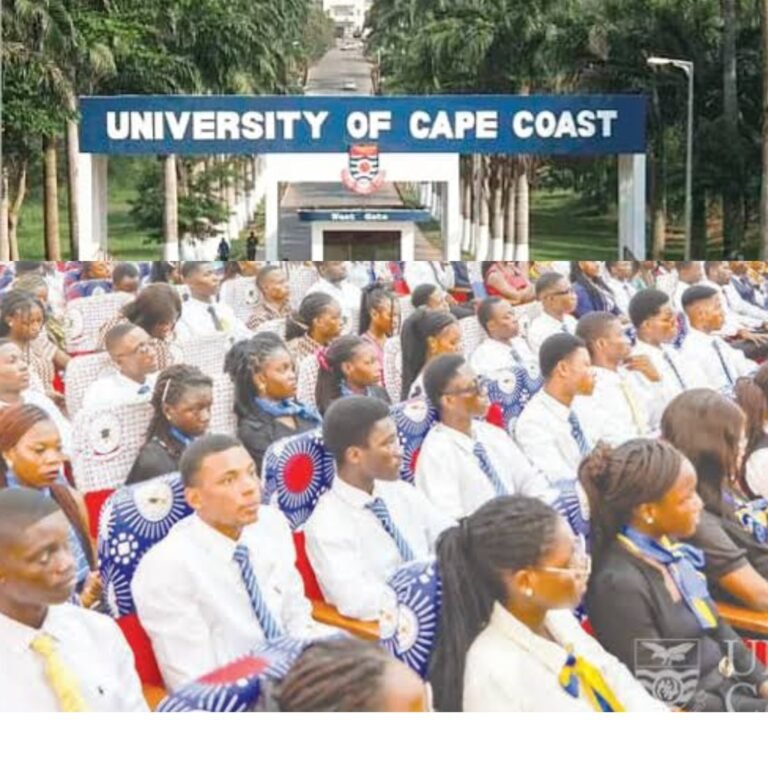
According to the World Bank, Ghana maintained a modest 1.4 per cent growth for 2021.
Before that, we had been cited as one of the world’s fastest growing economies not only in West Africa or Africa, for that matter, but also the world.
The Bretton-Woods has further projected that we may attain a 2.4 per cent growth next year, according to its June 2021 Global Economic Prospects. Refreshingly, this means that the growth figure for 2022 for Ghana might move up close to 100 per cent.
That can’t be bad at all, if not remarkable, considering the negative impact COVID-19 has wreaked on economies such as ours.
In January 2021, the World Bank projected the same growth rate, citing slow growth in most sub-sectors of services and industry, despite lingering adverse impact on the oil and other sectors of the economy.
Challenges
According to the World Bank, however, while commodity-exporting economies like Ghana will record higher oil and metal prices to boost export receipts, those gains may not be sufficient to close fiscal deficits or mobilize adequate revenue to reduce the large financing gap since the economic expansion will be slower.
So that we do not, on account of the high debt burden and fiscal pressures, suffer financial distress, we need to do better in mobilizing revenue.
Unfortunately, Ghana is still burdened with a largely informal economy which defeats any serious programmes for optimal revenue generation by way of taxes.
Arresting waning resources
Thankfully, the government, in redeeming itself, has waged war on the attempt by a few to degrade and bastardise our natural resources that we need to process to generate the needed revenue to support national development.
If we are able to sustain this, we may save enough resources to move forward, while we reduce expenditures on processing and producing water for the teeming numbers of communities that are suffering the ravages of degradation.
Again, we have seen our revenue generation agencies move out their taskforces to ensure compliance on the part of defaulting businesses. That’s honest sweat that needs to be commended.
Investing in the environment
The First Lady, only a few days ago, reminded us about the need to continue planting more and more trees, not only to green up the nation and boost our ecology, but also restock our timber resources as investment into the future.
We have also been called upon to protect our beaches and river bodies in boosting tourism. These are few of the ordinary things that we can do to add to the effort at raising revenue and reducing expenditure, in tidying up the unnecessary mess that we create in the name of eking out a livelihood.
Indeed, it is becoming clear that we can no longer afford to play politics with such issues as Ghanaians and as civilised beings.
Infrastructure
As we have been told, the government is embarking on an ambitious programme of enhancing infrastructure by constructing schools, hospitals, roads and bridges to add to our development agenda.
If we agree that these developmental efforts involve resources, we must also be willing to contribute in terms of tax compliance.
As we would admit, all these projects will create teeming amounts of construction and service jobs in the target communities – apart from the other huge benefits like education, health, transport and communication that improve our lives and help enhance our livelihoods.
At this point, we believe no Ghanaian with a conscience can raise any other arguments to the contrary, especially, when we are called upon to be tax compliant.
Even though we are in difficult times, as it is in every part of the world, we cannot deny the fact that our leadership is gradually spearheading our effort to surmount our present challenges. What is required is that all of us must contribute our modest efforts to advance our collective development.







